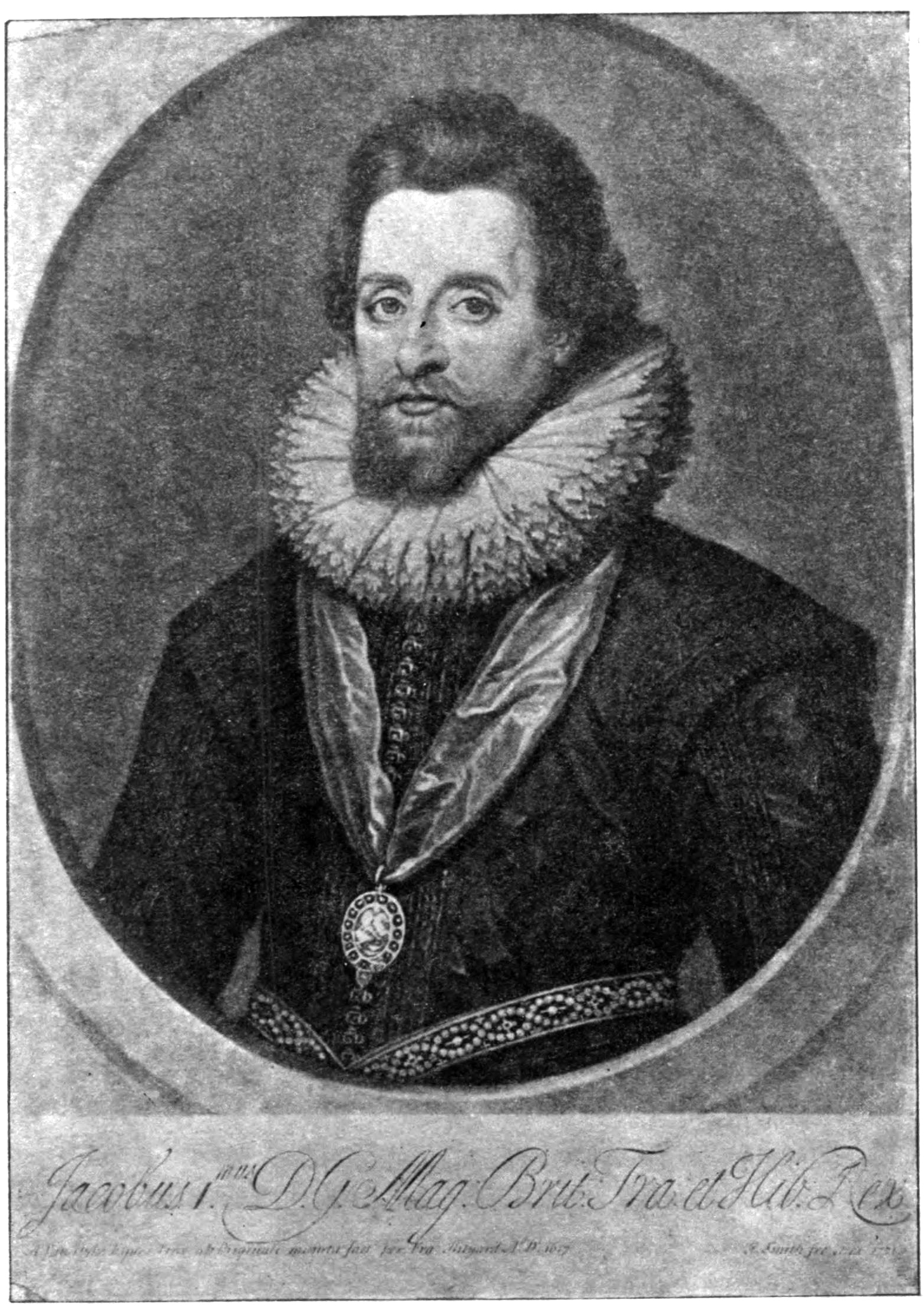A Counterblaste To Tobacco on:
[Wikipedia]
[Google]
[Amazon]
 ''A Counterblaste to Tobacco'' is a
''A Counterblaste to Tobacco'' is a
/ref> In it James blames the Native Americans for bringing tobacco to Europe, complains about
''Tobacco Price Inquiry - March 2022''
(Slideshow) USDA, National Agricultural Statistics Service.
Because of the persistently high demand for tobacco in England and the negative effects on the economies of the American colonies, the king in 1624 instead created a royal monopoly for the crop. 150 years later the British

online
* Ziser, Michael. "Sovereign Remedies: Natural Authority and the 'Counterblaste to Tobacco'." ''William and Mary Quarterly'' 62.4 (2005): 719-744
online
Full text of ''A Counterblaste to Tobacco''
''A Counterblaste to Tobacco'' on Google Books
{{DEFAULTSORT:Counterblaste to Tobacco, A Works by James VI and I History of tobacco Medical literature 1604 books Smoking in the United Kingdom
 ''A Counterblaste to Tobacco'' is a
''A Counterblaste to Tobacco'' is a treatise
A treatise is a Formality, formal and systematic written discourse on some subject concerned with investigating or exposing the main principles of the subject and its conclusions."mwod:treatise, Treatise." Merriam-Webster Online Dictionary. Acc ...
written by King James VI and I in 1604. In it he expresses his distaste for tobacco
Tobacco is the common name of several plants in the genus '' Nicotiana'' of the family Solanaceae, and the general term for any product prepared from the cured leaves of these plants. More than 70 species of tobacco are known, but the ...
and tobacco-smoking.Steve Luck, ''The Complete Guide to Cigars: An Illustrated Guide to the World's Finest Cigars'', Bath, UK: Parragon, p. 13 It is probably the earliest anti-smoking publication known.
Style and content
It is written inEarly Modern English
Early Modern English (sometimes abbreviated EModEFor example, or EMnE) or Early New English (ENE) is the stage of the English language from the beginning of the Tudor period to the English Interregnum and Restoration, or from the transit ...
and refers to medical theories of the time (e.g. the four humours
Humorism, the humoral theory, or humoralism, was a system of medicine detailing a supposed makeup and workings of the human body, adopted by Ancient Greek and Roman physicians and philosophers.
Humorism began to fall out of favor in the 17th ce ...
).''A Counterblaste to Tobacco'' (retrieved February 22, 2008)/ref> In it James blames the Native Americans for bringing tobacco to Europe, complains about
passive smoking
Passive smoking is the inhalation of tobacco smoke, called passive smoke, secondhand smoke (SHS) or environmental tobacco smoke (ETS), by individuals other than the active Tobacco smoking, smoker. It occurs when tobacco smoke diffuses into the ...
, warns of dangers to the lungs, and decries tobacco's odour as "hatefull to the nose."
Effects and legacy
James's dislike of tobacco led him in 1604 to authorise Thomas Sackville, 1st Earl of Dorset, to levy anexcise tax
file:Lincoln Beer Stamp 1871.JPG, upright=1.2, 1871 U.S. Revenue stamp for 1/6 barrel of beer. Brewers would receive the stamp sheets, cut them into individual stamps, cancel them, and paste them over the Bunghole, bung of the beer barrel so when ...
and tariff
A tariff or import tax is a duty (tax), duty imposed by a national Government, government, customs territory, or supranational union on imports of goods and is paid by the importer. Exceptionally, an export tax may be levied on exports of goods ...
of six shilling
The shilling is a historical coin, and the name of a unit of modern currency, currencies formerly used in the United Kingdom, Australia, New Zealand, other British Commonwealth countries and Ireland, where they were generally equivalent to 1 ...
s and eight pence
A penny is a coin (: pennies) or a unit of currency (: pence) in various countries. Borrowed from the Carolingian denarius (hence its former abbreviation d.), it is usually the smallest denomination within a currency system. At present, it is t ...
per pound of tobacco import
An importer is the receiving country in an export from the sending country. Importation and exportation are the defining financial transactions of international trade. Import is part of the International Trade which involves buying and receivin ...
ed, or £1 per three pounds, a large sum of money for the time. This would be £90 per pound in 2024, or £198 per kilogramme.(Slideshow) USDA, National Agricultural Statistics Service.
utilitarian
In ethical philosophy, utilitarianism is a family of normative ethical theories that prescribe actions that maximize happiness and well-being for the affected individuals. In other words, utilitarian ideas encourage actions that lead to the ...
philosopher Jeremy Bentham
Jeremy Bentham (; 4 February Dual dating, 1747/8 Old Style and New Style dates, O.S. 5 February 1748 Old Style and New Style dates, N.S.– 6 June 1832) was an English philosopher, jurist, and social reformer regarded as the founder of mo ...
would cite ''A Counterblaste to Tobacco'' as an example of antipathy
Antipathy is a dislike for something or somebody, the opposite of sympathy. While antipathy may be induced by experience, it sometimes exists without a rational cause-and-effect explanation being present to the individuals involved.
Thus, the ori ...
run wild.
Quotation

References
Further reading
* Anderson, Susan Campbell. "A matter of authority: James I and the tobacco war." ''Comitatus: A Journal of Medieval and Renaissance Studies'' 29.1 (1998)online
* Ziser, Michael. "Sovereign Remedies: Natural Authority and the 'Counterblaste to Tobacco'." ''William and Mary Quarterly'' 62.4 (2005): 719-744
online
External links
Full text of ''A Counterblaste to Tobacco''
''A Counterblaste to Tobacco'' on Google Books
{{DEFAULTSORT:Counterblaste to Tobacco, A Works by James VI and I History of tobacco Medical literature 1604 books Smoking in the United Kingdom